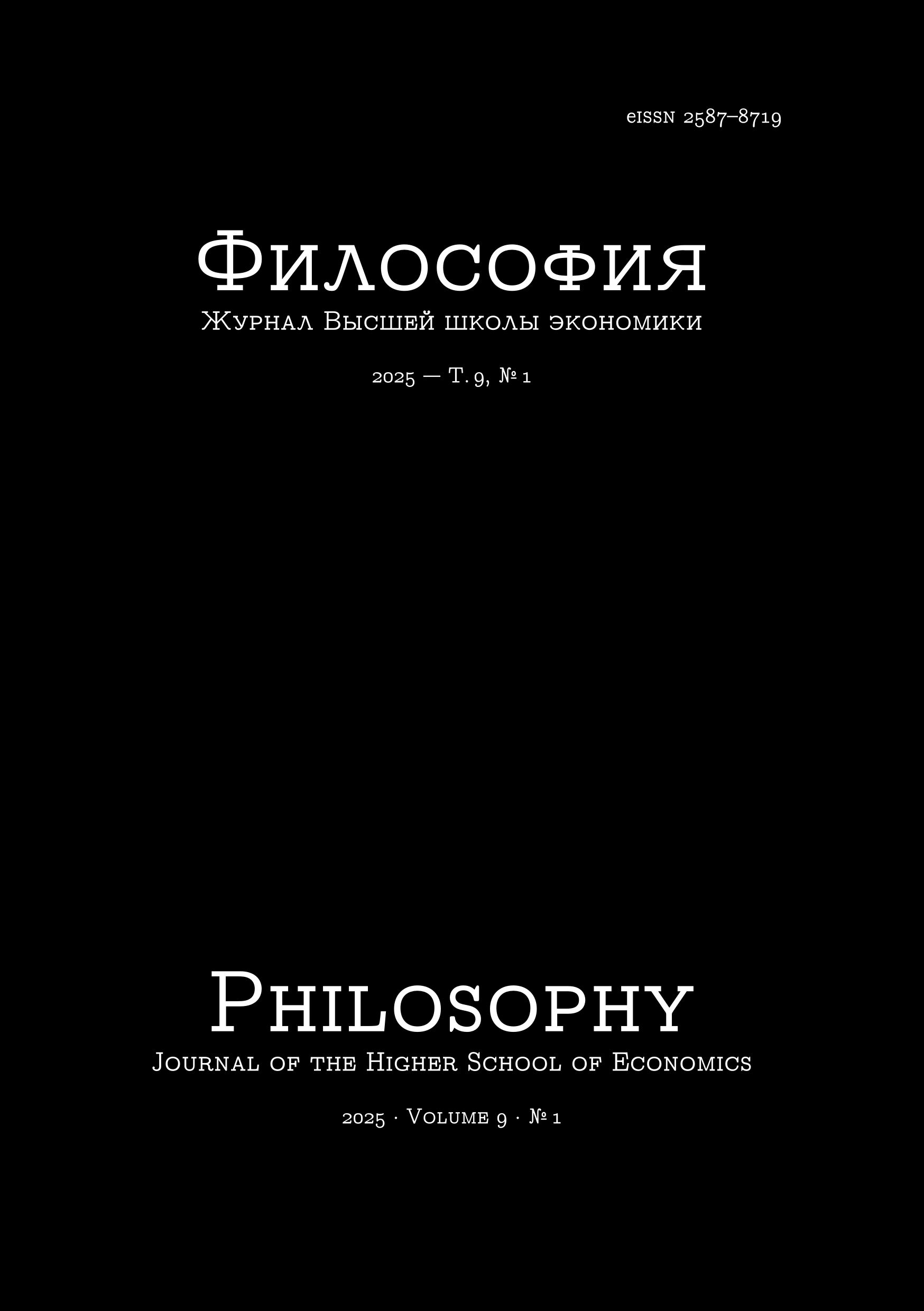Эмансипация против консолидации
противоречия политической теории и практики левых в эпоху экспрессивного индивидуализма
Аннотация
В статье анализируется ряд спорных аспектов политической борьбы левых в развитых западных странах. Показано, что все чаще теория и практика левых приводят не к консолидации общества, а «культурным войнам» и разобщенности. По мнению автора, одну из причин этого можно найти в идее коммунизма, все еще разделяемой многочисленными левыми теоретиками. С одной стороны, коммунизм имплицитно или эксплицитно подразумевал движение к единству и братству. С другой стороны, социалистические/коммунистические проекты всегда были проектами прежде всего борьбы за свободу и равенство — борьбы с силами отчуждения, эксплуатации и угнетения. Если в первом случае обычно подчеркивается, что только ориентация на коллектив и общественное благополучие может воспитать истинно общественную личность, свободную от эгоизма и конкурентной борьбы, то во втором случае общество (социальная система, структура и т.д.) рассматривается как источник эксплуатации и угнетения. Показано, что долгое время эта двойственность нивелировалась универсализмом классовой борьбы: борясь за свободу от эксплуатации, пролетарии тем самым выполняли общечеловеческую миссию, то есть должны были перестать быть пролетариями и стать частью глобального Человечества. Однако сегодня, по мере роста постматериалистических ценностей, левая политическая борьба все чаще фокусируется на перерождающихся в неразрешимые культурные войны политиках идентичности, представляя общество фактически вечным вместилищем сил угнетения, культурного присвоения, микроагрессии и т.п. В итоге автор выдвигает тезис о необходимости радикального переосмысления идеи коммунизма. Движение к воплощению коммунистических идеалов не обязательно рассматривать как нечто связанное по большей части с эмансипацией. Коммунизм может иметь собственную сильную культурную программу, нацеленную на единство культурного пространства. Он может быть нацелен главным образом на общее благо и диалог. В данном случае коммунизм противостоит в первую очередь силам индивидуализма (экспрессивного индивидуализма) и нарциссизма, которыми современная, прежде всего западная, культура все больше и больше пропитывается. В контексте поисков Россией собственного пути развития в ответ на крайне спорные западные идейные и ценностные тренды такая интерпретация коммунистической идеи представляется автору вдвойне актуальной.
Скачивания
Copyright (c) 2025 Philosophy Journal of the Higher School of Economics

Это произведение доступно по лицензии Creative Commons «Attribution-NonCommercial» («Атрибуция — Некоммерческое использование») 4.0 Всемирная.






